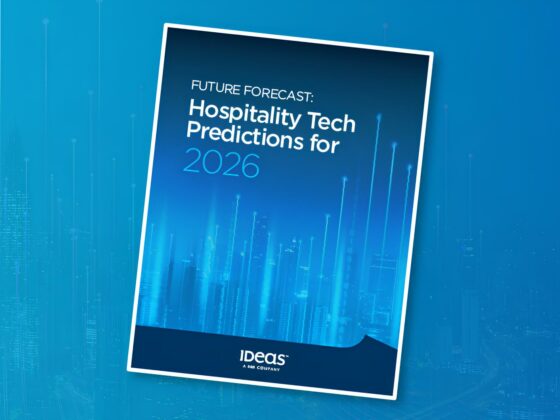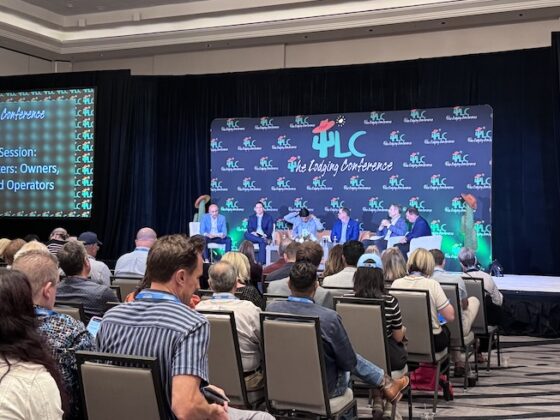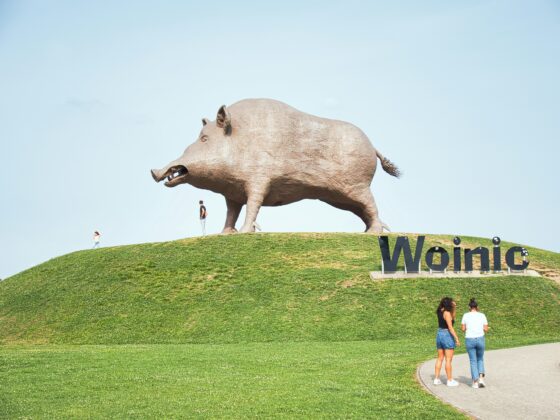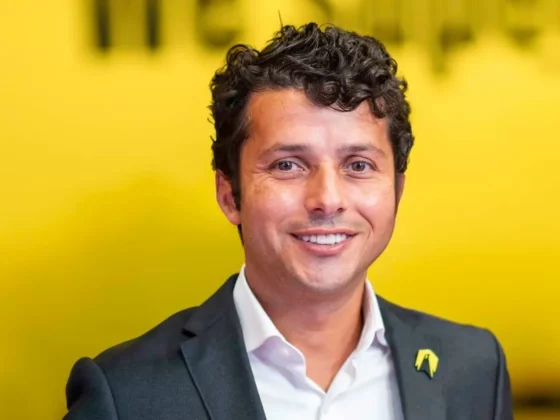
Since then, Jurny has rolled out a series of AI-driven technologies aimed at transforming how hospitality businesses operate. The company launched Jurny Virtual in 2021, a fully integrated tech stack connecting CMS, POS, RMS, FMS, marketing, and IoT systems. In 2022, it debuted its Management Operating System (MOS), followed by JurnyOS 2.0 in 2023—a PMS enhanced with ChatGPT-4. That same year, it introduced NIA, a proprietary AI assistant for guest communication. NIA evolved in 2024 into a suite of multi-agent tools focused on guest support, reservations, IoT troubleshooting and data analysis. Most recently, Jurny released JurnyOS 3.5, a single AI-powered platform designed to proactively optimize operations and scale profits with minimal human input.
And it’s repeatedly raised significant funds to grow its technology. Since 2020, Jurny has raised approximately $16 million in capital funds from venture capitalists, community crowdfunding and strategic investments. This funding journey reflects a strong blend of institutional and community support, strategic capital infusion, and a clear focus on scaling AI-driven hospitality technology.
Jurny’s vision has also drawn the attention of some notable industry leaders. Paul Tuscano, Chief Digital Officer at KFC and formerly a senior executive at Marriott International, recently joined Jurny’s advisory board. And a wave of private investors with deep hospitality experience—including executives from Sonesta and high-profile figures like Brian Frosh—have backed the company not just for its technology, but for the scale of its ambition.
As CEO of a fast-moving startup built around innovation, we asked Zambello to share his unique perspective on how AI will reshape the hospitality industry—and what hotel IT leaders should prioritize as they begin integrating AI-driven technologies into their tech stacks.
Move Fast—Or Get Left Behind
As generative AI advances, Zambello believes hesitation will become a liability.
“We see the trends and where things are headed. Hoteliers should realize that if they’re willing to experiment with AI and implement these new systems right now, guests will be willing to overlook the mistakes that they’ll be making because it’s all brand new to everyone,” he said. “But if they follow their traditional method of waiting five years…guests are going to be much less forgiving and will be wondering: ‘Why don’t you have this mastered?’”
AI’s Entry Point: Efficiency at Scale
The most immediate opportunity for AI, Zambello said, is streamlining repetitive back-office tasks—especially guest communications.
He pointed to a hotel group with 10 properties and 70 customer service reps just to handle guest requests and reservations.
“That’s a lot of resources dedicated to customer service,” he said. “And these are positions where it’s hard to find quality employees because most individuals don’t want to do this type of job.”
AI doesn’t just automate—it multiplies the impact of every team member.
“I think AI is going to become the biggest enhancer in productivity we have seen in history, especially on the tech side,” Zambello said. “Staff members will be able to solve problems five to 10 times faster. For hoteliers, this means that human staffing will become a lot less of a constraint and a limit. Instead, brands with the biggest, boldest vision will be the ones to win customer loyalty with a great guest experience.”
Personalization That Scales
Next, Zambello sees hyper-personalization as a key differentiator for hotels that embrace AI.
He described a scenario where a returning guest receives offers and messages based on the purpose of their previous visit—whether it was a business trip or a leisure getaway.
“For a human to track this data is almost impossible. For AI, it’s very easy,” he said. “The likelihood of a guest coming back to stay with your brand just went up 30 percent.”
A Future You Can Talk To
As hotel IT leaders consider the next evolution in property management systems, Jurny is betting on a future where talking to your tech is as natural as speaking to your staff. The company’s latest release, JurnyOS 3.5, introduces voice-enabled interaction powered by its proprietary AI assistant, Nia—moving hoteliers closer to hands-free, conversational control over their operations.
“We’re releasing voice interaction, where you can just talk to the software and it does things for you,” said Zambello.
For hotel operators, that means less time clicking through dashboards and more time making decisions.
“You don’t need to learn how to use the software. It’s intuitive. You can just have a conversation with it,” he said. “Just like you would talk to someone that works at your company.”
It’s a powerful metaphor: a PMS that functions more like a team member than a tool. With voice-enabled AI, a hotel GM could ask for real-time revenue forecasts, delegate tasks like guest communications, or troubleshoot IoT devices—all without clicking through layers of software.
For hospitality IT leaders, the shift toward voice and conversational AI signals a broader move away from traditional UI-heavy platforms toward more intuitive, AI-native environments—that are more adaptive, anticipatory and human-like in design.









